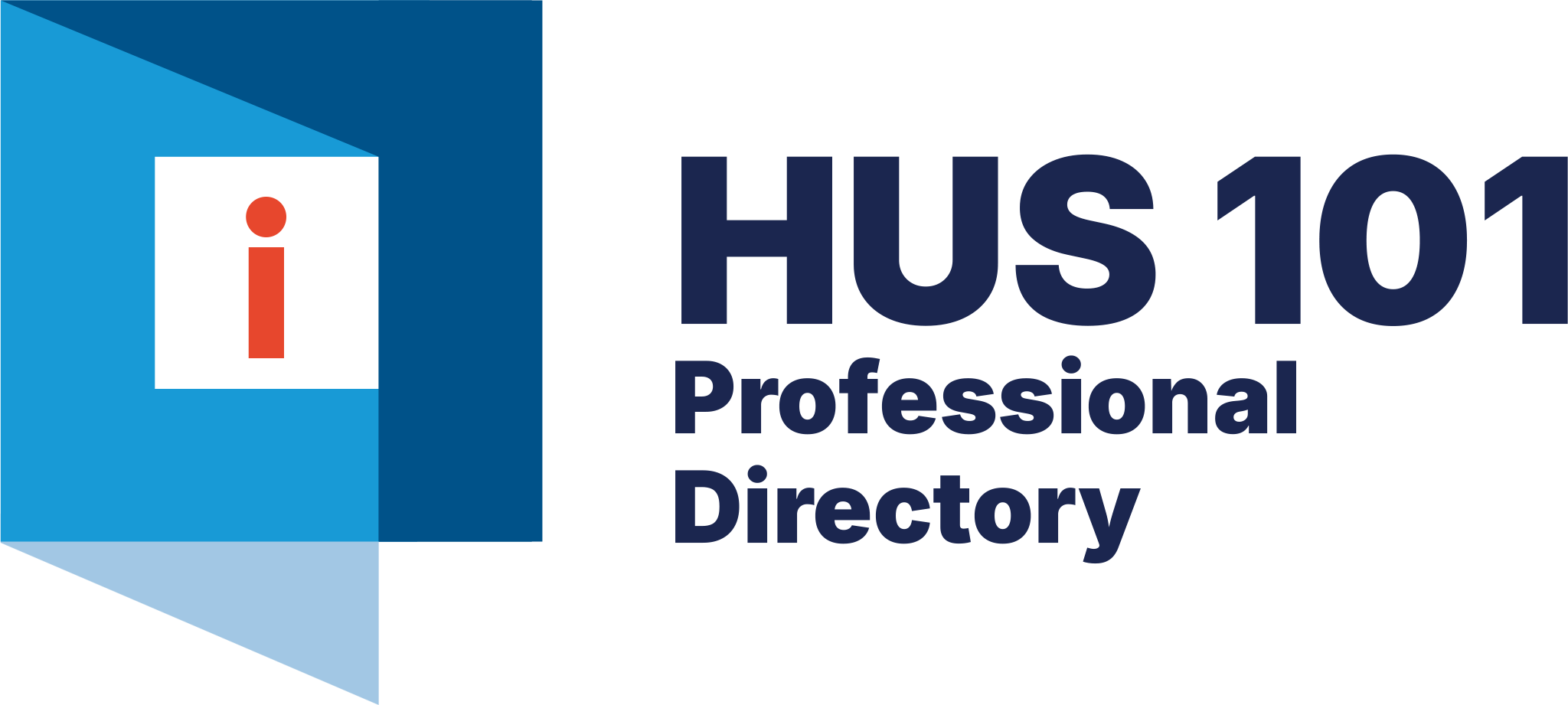Profession Overview
Official Job Title
Certified nursing assistant (CNA)
(also called Home Health Aides for in-home settings)
General Job Description
Certified Nursing Assistants (CNAs) help people who are elderly, disabled, or recovering from illness by assisting with daily activities like bathing, dressing, eating, and moving around. They monitor basic health indicators like temperature or blood pressure and report changes to the supervising nurse. CNAs play a critical role in helping clients maintain dignity and independence, often becoming a familiar and trusted presence in their daily lives. They work under the direction of a Registered Nurse (RN) or Licensed Practical Nurse (LPN) to ensure each person’s personal care and health needs are consistently met.
Licensed?
Yes
Min. education
Masters
Reports to
Supervising nurse (RN or LPN)
Advancement
Yes
Salary range
$36k - $50k
Interesting fact
In Massachusetts, the demand for CNAs in home settings has surged due to aging population trends and hospital discharge policies prioritizing “aging in place”.
Job Requirements
Skills and comeptencies
Physical stamina, safety awareness, strong observational and communication skills, patience, empathy, cultural competence, ability to follow medical directions and infection control practices
Major duties and responsibilities
-
Assist with bathing, dressing, grooming, toileting, and feeding
-
Take and record vital signs
-
Observe and report changes in health or behavior
-
Help with mobility and transfers (e.g., from bed to chair)
-
Support patient safety and comfort
Minor duties and responsibilities
-
Assist with light housekeeping or meal prep (if cross-trained as HHA)
-
Provide companionship and emotional support
-
Track intake/output and report changes to supervisors
-
Assist with basic range-of-motion exercises
FUN FACT
In Massachusetts, CNAs often form some of the longest and most meaningful bonds with clients. Because they provide daily care and support over time, CNAs are frequently the first to notice small health changes. Many patients say their CNA feels more like family than staff.
This close connection is part of what makes the role so rewarding for people who enjoy building trust and helping others feel seen and cared for.
Educational requirements
- Entry-level: Completion of a state-approved CNA training program (at least 75 hours including clinical practice)
- Advancement: CNAs may become HHAs with additional training, or pursue LPN or RN licensure through further education
Licensure requirements
License name: Certified Nursing Assistant (CNA) credential, also referred to as Nurse Aide Certification
Licensure requirement:
- A state-approved CNA training program, which typically lasts 4 to 12 weeks and includes classroom instruction and hands-on clinical practice.
- After training, pass the Massachusetts Nurse Aide Competency Exam, which includes both a written and skills test.
- Placement on the Massachusetts Nurse Aide Registry.
Licensing body
Massachusetts Department of Public Health and American Red Cross (test administrator)
References
- Bureau of Labor Statistics. (2023). Nursing assistants and orderlies. U.S. Department of Labor. https://www.bls.gov/ooh/healthcare/nursing-assistants.htm
- Massachusetts Department of Public Health. (n.d.-a). Nurse aide registry. https://www.mass.gov/nurse-aide-registry
- Massachusetts Department of Public Health. (n.d.-b). Certified nurse aide (CNA) certification and training. https://www.mass.gov/how-to/apply-for-a-nurse-aide-certification

